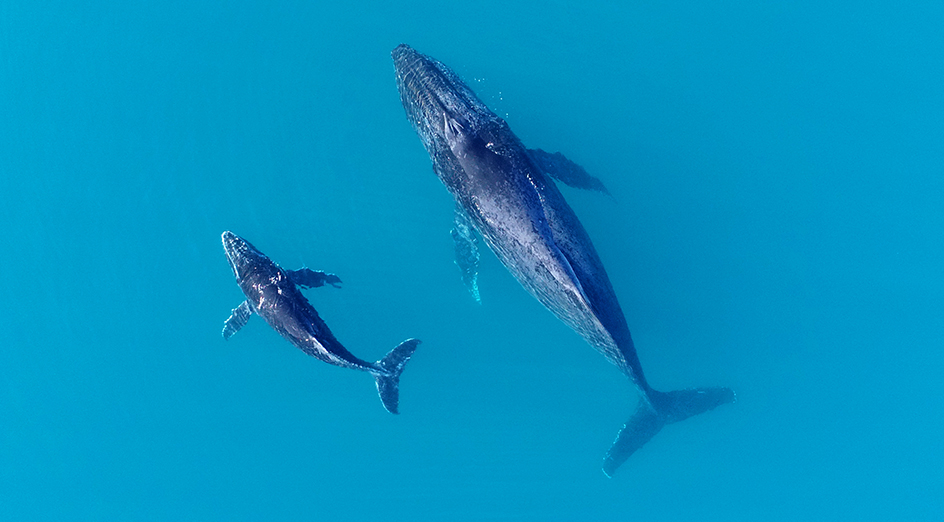A new book on treaty explores the why, where and how.
Professor George Williams AO, Dean at UNSW Law, and Dr Harry Hobbs, lecturer in the Law Faculty at UTS, have released a fully revised edition of Treaty, the leading book on the treaty debate in Australia.
There have been a number of significant developments in Australia since publication of the first edition of Treaty in 2005, including delivery of the Uluru Statement from the Heart, negotiation and finalisation of the Noongar Settlement in Western Australia and the emergence of state and territory driven treaty processes. International human rights initiatives have continued to evolve, such as the United Nations General Assembly’s adoption of the Declaration on the Rights of Indigenous Peoples.
“When you have a bold new aspirational statement, real action on the ground and international commitment, the debate has fundamentally changed in the last 15 years and it deserves attention,” says Professor Williams.
“The Uluru Statement from the Heart, which is such a focus of national debate, has highlighted not just the call for the Voice, but Treaty and Truth. Our book is a complementary part of the debate of the Uluru process.”
Dr Hobbs says the book isn’t only about law and principle, but also focuses on practical outcomes.
“What difference can treaty make to people’s lives? There is evidence in the US, for example, that where Indigenous communities are empowered with the ability to make decisions over their own lives, economic outcomes are improved. Treaty is a means to give that empowerment in Australia,” he says.
The authors describe the book as a “manual” and have had keen interest from those within governments who are starting a treaty process. They are hoping it will be used by people on the ground who are negotiating agreements, including Indigenous communities, and for it to find its way into high schools.
“This is a debate that needs to reach down quite deeply into the community,” Professor Williams says.







